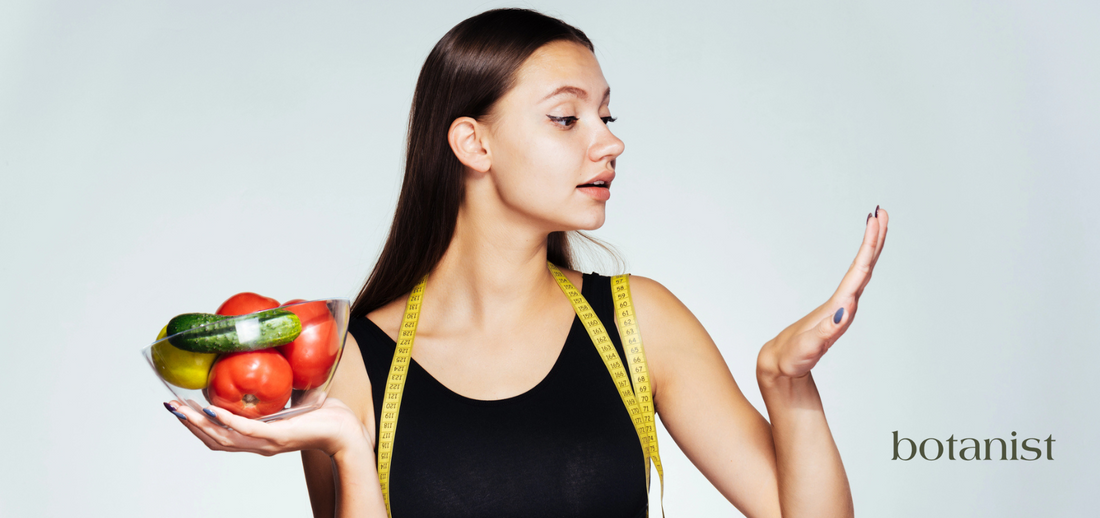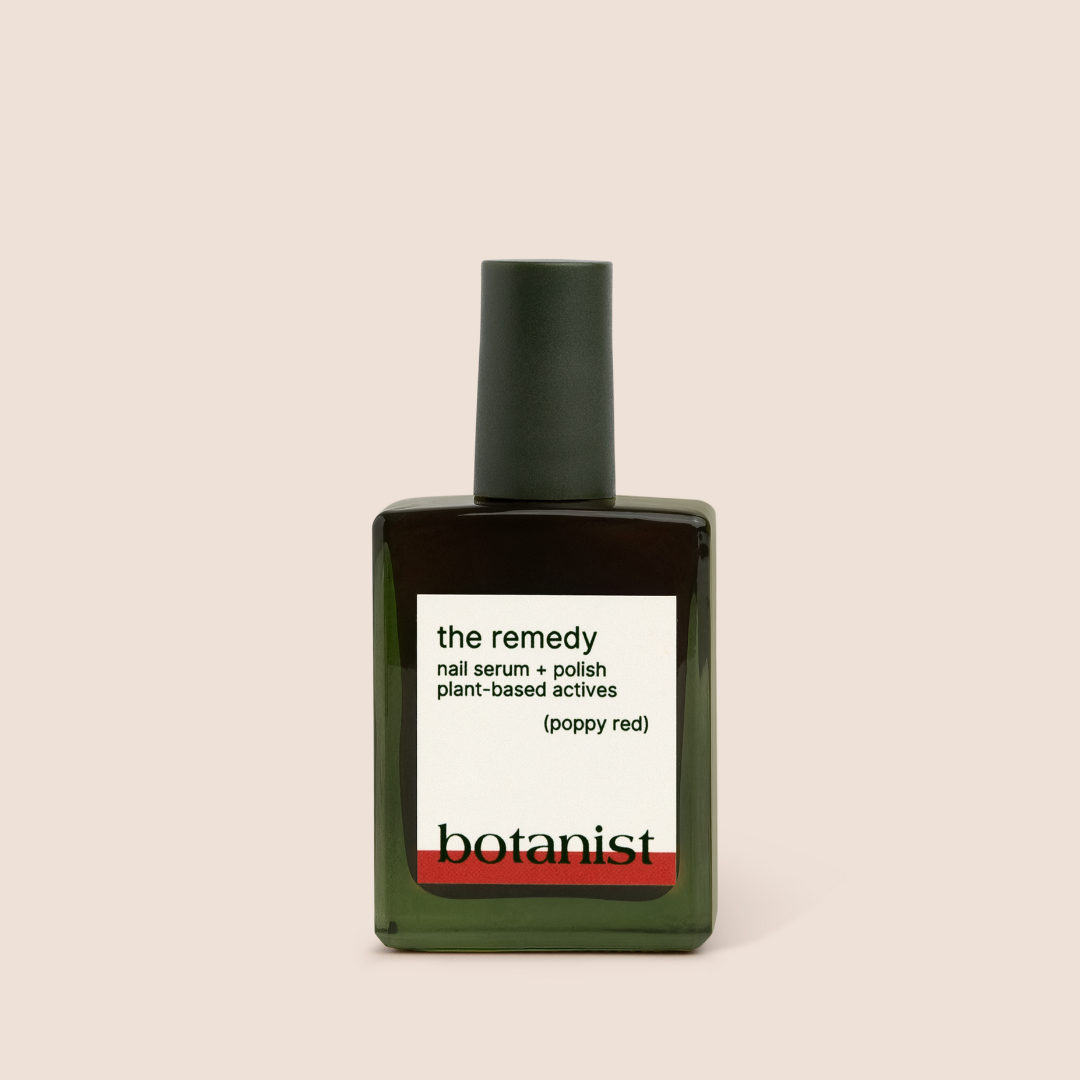Top 7 Nutrients for Healthy Nails (And the Foods You’ll Find Them In)
Tess Miller
Summary
- Healthy nails depend on more than polish nutrients like biotin, iron, and protein are key to strength and growth.
- A balanced diet rich in whole foods can prevent brittle, weak, or slow-growing nails.
- Habits like hydration, gentle nail care, and avoiding harsh chemicals also play a big role in long-term nail health.
Strong, beautiful nails aren’t just about polish and manicures, they're a window into your overall health. If your nails are brittle, peeling, or growing slowly, your diet might be missing some key nutrients. The good news? Simple tweaks to what you eat can transform your nails from dull to dazzling. Here’s exactly what your nails need to thrive and where to find these nutrients in everyday foods.

Why Nutrition Matters for Nail Health
Your nails are made of keratin, the same protein found in your hair and skin. To keep them strong and growing smoothly, your body needs the right mix of vitamins, minerals, and protein. Skimp on these, and your nails might start showing signs of trouble like ridges, breakage, or slow growth. Clinical Research even shows that certain nutrient deficiencies can directly affect nail structure.
Let’s dive into the seven most important nutrients for healthy nails and how to get them from your diet.
1. Biotin (Vitamin B7)
Biotin is the star of nail nutrients. It helps your body produce keratin, which means stronger, faster growing nails. Studies have found that people with brittle nails often see improvement after increasing their biotin intake.
Some foods high in biotin:
-
Egg yolks
-
Almonds
-
Sweet potatoes
-
Salmon
- Spinach
2. Iron
Ever noticed spoon shaped or brittle nails? Low iron could be the culprit. Iron helps deliver oxygen to your nail cells, and without enough of it, growth slows and texture changes.
Pro tip: Iron from animal sources (like red meat) absorbs better than plant-based iron, but both matter.
Top sources:
-
Lean beef
-
Lentils
-
Pumpkin seeds
-
Tofu
- Kale
3. Protein
Since nails are literally made of protein, it’s no surprise that skimping on it leads to weak or slow growing nails.
Easy ways to get enough:
-
Chicken or turkey
-
Greek yogurt
-
Quinoa
-
Edamame
- Eggs
Aim for protein at every meal your nails (and muscles) will thank you.
4. Zinc
This mineral is like a repair crew for your nails, helping with cell renewal and tissue regeneration. Too little zinc can lead to white spots or slow growth. A study on micronutrients showed that zinc deficiency can manifest in several visible nail abnormalities.
Best food picks:
-
Oysters (the ultimate zinc powerhouse!)
-
Chickpeas
-
Cashews
- Whole grains

5. Vitamin C
Vitamin C does double duty: it boosts collagen (which gives nails structure) and helps your body absorb iron. Plus, it protects nails from damage.
Load up on:
-
Bell peppers (more C than oranges!)
-
Citrus fruits
-
Strawberries
- Kiwi
In addition to changing your diet, you can also use the botanist nail rescue kit, it helps you repair damage to your nails and keep them healthy.
6. Omega-3 Fatty Acids
These healthy fats keep nail beds moisturized and prevent peeling. They also improve circulation, which means better growth.
Where to find them:
-
Fatty fish (salmon, mackerel)
-
Walnuts
-
Flaxseeds
- Chia seeds
7. Folate (Vitamin B9)
Folate helps generate new nail cells, and a shortage can lead to discolored or rigid nails. Low folate can cause rigid and discolored nails. Based on this review on nutrient deficiencies, folate is key in nail and hair development.
Top folate foods:
-
Asparagus
-
Lentils
-
Avocados
- Beets

Supporting Nail Health Beyond Food
Lifestyle Habits That Matter
Your daily habits with your nails significantly impact their condition. Be mindful not to use them for tasks better suited to tools, limit contact with strong chemicals like acetone, and always wear protective gloves during household chores.
Hydration and Nail Health
Proper water intake maintains nail flexibility and helps prevent splitting or cracking. Conversely, insufficient hydration often results in dry, lackluster nails that are more prone to damage.
The botanist nail polish remover helps you maintain healthy habits and keeps your nails away from chemicals.
FAQ: Nail Nutrition Questions Answered
1. Can I just take a supplement instead of changing my diet?
While supplements can help if you’re deficient, whole foods provide a broader range of nutrients your nails need. Always check with a doctor before starting supplements.
2. How long does it take to see nail improvement from diet changes?
Nails grow slowly about 3 mm per month. Give it 3 - 6 months of consistent healthy eating to notice a difference.
3. Are ridges in nails always due to nutrition?
Not necessarily. Some ridges are normal with age, but sudden changes could signal a health issue. When in doubt, see a dermatologist.
4. What’s the most important nutrient for nail strength?
Biotin gets the most attention, but its teamwork protein, iron, and other vitamins are just as important.
5. Do vegetarians need to be more careful with nail health?
Yes! Plant based eaters should focus on iron, zinc, and B12 to avoid deficiencies that affect nails.
